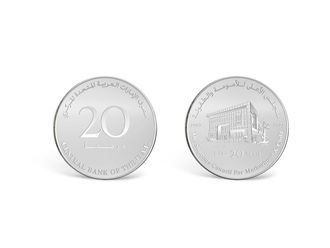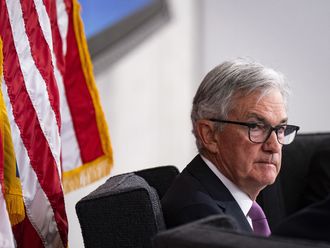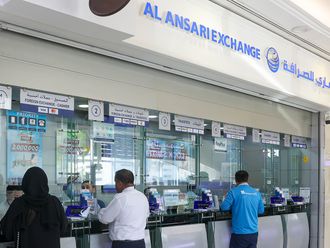Dubai: In the aftermath of the global financial crisis, many investment companies based in the Gulf region will face tough times due to the mounting losses and virtual absence of funding available to them, according to analysts.
A majority of investment companies, particularly more than 100 firms based in Kuwait, are facing acute funding problems.
At the end of 2009 outstanding debt of Kuwaiti investment firms was estimated at $18 billion (Dh66 billion), including $7.6 billion they owed to foreign financial institutions.
Several investment companies based in Kuwait and Bahrain defaulted last year and began restructuring their debt. Leading companies such as Kuwait's Global Investment House and Investment Dar and some of the Bahraini companies including Investcorp and Gulf Finance House (GFH) reported losses last year.
Absence of recovery
The losses reported by some of these investment companies stemmed from provisions and impairment charges linked to falling asset values and these are likely to continue in the absence of any near-term recovery.
"The main reasons behind this deterioration, in our opinion, are Gulf investment companies' generally high maturity mismatches they carry in their funding profiles and the ensuing weakened liquidity, weak business profiles, high leverage, and high exposure to real estate for some of them," said Standard & Poor's credit analyst Mohammad Damak.
While a few of these companies defaulted on their obligations in 2009, many continue to find it difficult to raise capital from the market or banking channels. This has called into question the sustainability of their business models. Standard & Poor's Ratings Services said in a recent report that some of these companies are likely find it difficult to pursue their operations without major restructuring.
In Kuwait, the sector lost over $2 billion in 2009 following huge losses of more than $3 billion in 2008. Liquidity and over-leverage have also been an issue for the sector, whose assets often comprise difficult to value and illiquid investments which are then pledged as collateral against further borrowings. These issues were not bothersome during the boom periods; however, when the global financial crisis hit, it exposed the sector's vulnerabilities resulting in a massive destruction of wealth.
Governments and regulators in the region have recognised the problems in the segment.
In Kuwait, the government has announced a $5.2 billion package that guarantees 50 per cent of fresh loans to local firms throughout 2009-10. Last month the Central Bank of Kuwait (CBK) tightened regulation over the sector spanning liquidity and leverage.
"Given the severe losses sustained by the investment sector in Kuwait, which dwarf those of other GCC nations, a move towards increased regulation of the sector has been expected for some time," said M.R. Raghu, head of Research of Kuwait Financial Centre (Markaz).
During the 2005-07 period, many of these companies consistently delivered good profits, given the benign economic environment and investors' strong appetite for their asset class offerings.
Analysts attribute the deterioration in their performance over the past two years to high maturity mismatches they carry in their funding profiles and the ensuing weakened liquidity, weak business profiles, high leverage, and high exposure to real estate for some of them.
Gulf investment companies typically carry a high proportion of short-term wholesale funding and also run sizable maturity mismatches. These mismatches on their books are similar to those of their commercial banking counterparts. But investment companies and commercial banks differ on external liquidity support. Investment companies generally do not benefit from any external support when liquidity is lacking. In addition, regulators generally forbid investment companies from accessing retail deposits.
With the onset of the financial market downturn, European and US banks' appetites for placing funds with investment companies started to decline. Similarly, GCC commercial banks gradually began to withdraw their funds from the region's investment companies. As a result, the liquid assets sitting on companies' balance sheets quickly started to erode.
"In the short term, we see some major hurdles for Gulf investment companies to overcome on the potential road to recovery. These consist essentially in corrective measures that are, in our view, necessary to enable these companies to enhance the maturity profiles of their funding bases and reduce their leverage, as a means to prepare for better days, " said Damak.












